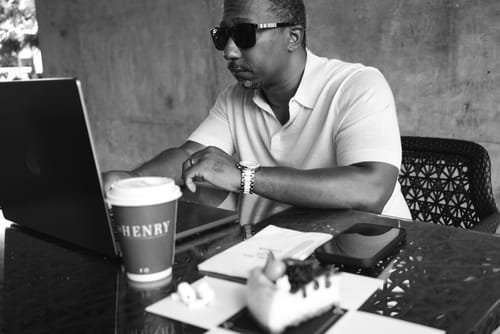Grace Under Pressure Isn't About Niceness, It's About Stability
Pressure is inevitable. In leadership, it isn't a question of if the fire comes, but when. Projects slip, markets shift, outages happen, and the spotlight turns on you. The way you respond in those moments doesn't just define you — it defines the environment your team has to work in.
To me, handling pressure with grace is not about smiling through chaos or pretending everything is fine. It's about something much more practical: containing the blast radius so others can still perform. If you crack under pressure, your team doesn't just see it — they absorb it. Panic, negativity, and reactive energy spread downhill like a virus, multiplying the damage.
Grace, then, is not softness. It's not being overly kind or sugarcoating reality. Grace is composure, discipline, and tone under stress. It's timing your response instead of lashing out. It's treating people with steadiness and respect even when the situation is hostile. Grace is the shield that keeps pressure from cascading downward.
“Handling pressure with grace is about containing the blast radius so others can still perform.” That's my credo. It's a discipline I hold myself to, and one I believe separates good leaders from great ones. Because the truth is, pressure itself doesn't break teams — leaders do, when they let their stress leak into the room.
When you lead with grace under pressure, you're not just protecting your reputation — you're protecting the team's ability to execute. You become the stabilizer, the one who allows others to focus on solutions instead of spiraling into fear. In that sense, grace is more than a virtue. It's an operational necessity.
Great leadership isn't about avoiding the storm. It's about standing in the middle of it, calm and composed, making sure everyone else has the clarity and space to keep moving forward.






